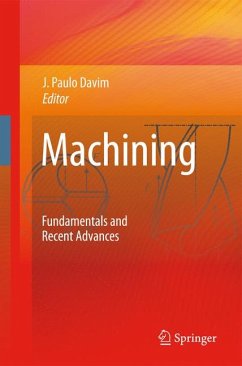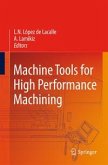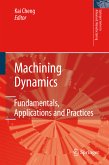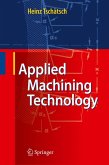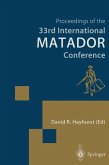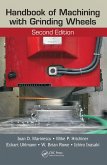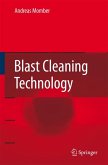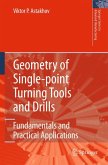Machining: Fundamentals and Recent Advances is divided into two parts. The first part explains the fundamentals of machining, with special emphasis on three important aspects: mechanics of machining, tools, and work-piece integrity. The second part is dedicated to recent advances in machining, including: machining of hard materials, machining of metal matrix composites, drilling polymeric matrix composites, ecological machining (using the minimal quantity of lubrication), high-speed machining (sculptured surfaces), grinding technology and new grinding wheels, micro- and nano-machining, non-traditional machining processes, and intelligent machining (computational methods and optimization).
Professional engineers, researchers and advanced students interested or involved in modern manufacturing engineering will find Machining: Fundamentals and Recent Advances an invaluable reference.
Dieser Download kann aus rechtlichen Gründen nur mit Rechnungsadresse in A, B, BG, CY, CZ, D, DK, EW, E, FIN, F, GR, HR, H, IRL, I, LT, L, LR, M, NL, PL, P, R, S, SLO, SK ausgeliefert werden.
Choice (July 2009) (Reviewer: K. Srinagesh, University of Massachusetts Dartmouth)

